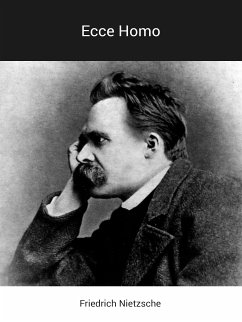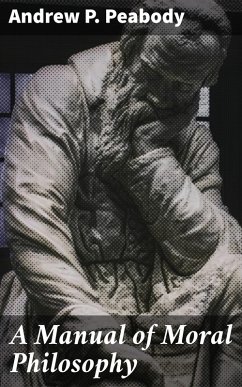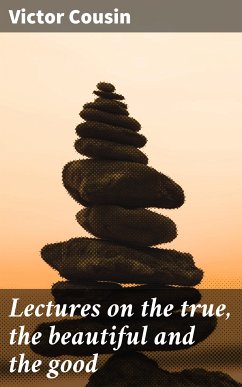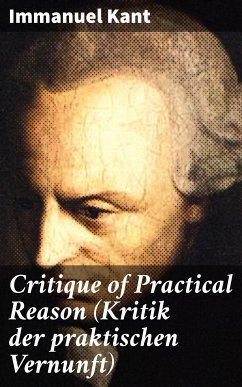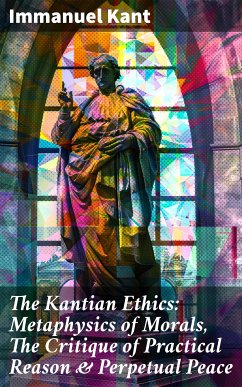
Practical Essays (eBook, ePUB)
Enriched edition. Exploring Philosophy, Psychology, and Education in Mid-19th Century Essays
Kommentar: Parker, Sienna / Redaktion: Good Press
Versandkostenfrei!
Sofort per Download lieferbar
0,49 €
inkl. MwSt.
Weitere Ausgaben:

PAYBACK Punkte
0 °P sammeln!
In "Practical Essays," Alexander Bain offers a collection of insightful discourses that probe the intricacies of human thought, emotions, and behavior. Employing a clear and engaging literary style, Bain synthesizes philosophical inquiry with practical wisdom, drawing from empiricism and the nascent fields of psychology. Each essay serves as both a reflection and a guide, exploring themes such as education, morality, and the formation of habits, all within the context of 19th-century philosophical thought, which was marked by a burgeoning concern for the interplay between human psychology and ...
In "Practical Essays," Alexander Bain offers a collection of insightful discourses that probe the intricacies of human thought, emotions, and behavior. Employing a clear and engaging literary style, Bain synthesizes philosophical inquiry with practical wisdom, drawing from empiricism and the nascent fields of psychology. Each essay serves as both a reflection and a guide, exploring themes such as education, morality, and the formation of habits, all within the context of 19th-century philosophical thought, which was marked by a burgeoning concern for the interplay between human psychology and societal development. Bain, a prominent Scottish philosopher and psychologist, was deeply influenced by the intellectual currents of his time, particularly the works of John Stuart Mill and Charles Darwin. His academic background at Aberdeen and Oxford, combined with his role as a pioneering figure in the field of psychology, facilitated a profound exploration of the human condition. Bain's expertise in the mechanisms of thought and action informs his essays, making them not only theoretical musings but also applicable insights for contemporary readers. "Practical Essays" is highly recommended for readers seeking a deeper understanding of the psychological underpinnings of human behavior and social dynamics. Bain's articulate prose and keen observations make this collection a valuable resource for both scholars and general readers interested in the evolution of modern thought and the practical implications of philosophy in everyday life. In this enriched edition, we have carefully created added value for your reading experience: - A comprehensive Introduction outlines these selected works' unifying features, themes, or stylistic evolutions. - A Historical Context section situates the works in their broader era-social currents, cultural trends, and key events that underpin their creation. - A concise Synopsis (Selection) offers an accessible overview of the included texts, helping readers navigate plotlines and main ideas without revealing critical twists. - A unified Analysis examines recurring motifs and stylistic hallmarks across the collection, tying the stories together while spotlighting the different work's strengths. - Reflection questions inspire deeper contemplation of the author's overarching message, inviting readers to draw connections among different texts and relate them to modern contexts. - Lastly, our hand-picked Memorable Quotes distill pivotal lines and turning points, serving as touchstones for the collection's central themes.
Dieser Download kann aus rechtlichen Gründen nur mit Rechnungsadresse in A, B, BG, CY, CZ, D, DK, EW, E, FIN, F, GR, H, IRL, I, LT, L, LR, M, NL, PL, P, R, S, SLO, SK ausgeliefert werden.








